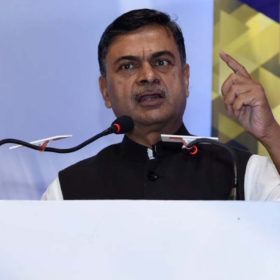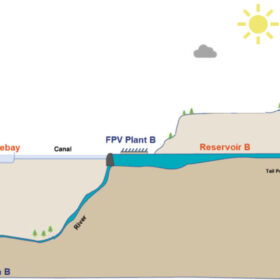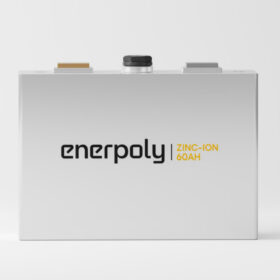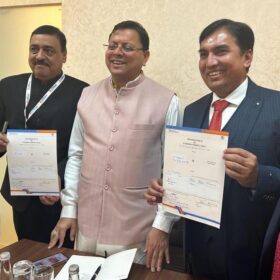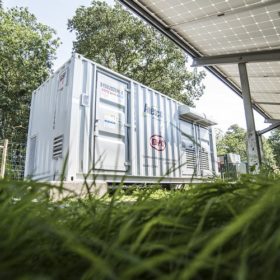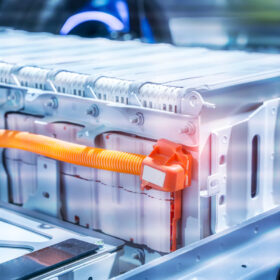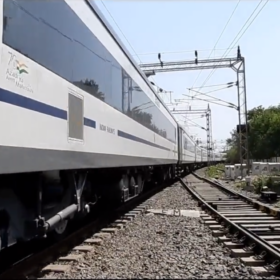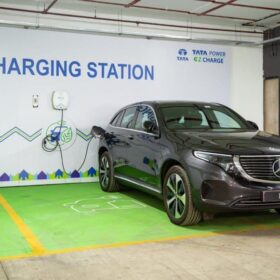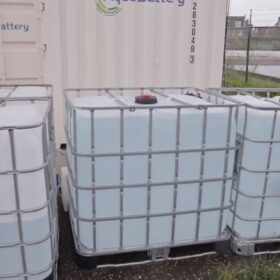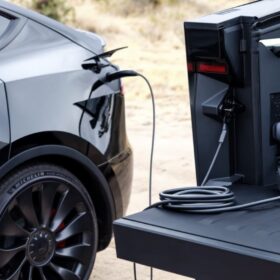“Energy security of the nation can’t be achieved with renewables alone”: Power minister
RK Singh, union minister for power and new & renewable energy, stated recently that the dependence on coal-based generation is likely to continue till cost-effective energy storage solutions are available.
Batteries in hybrid hydro-PV systems could increase profitability by 2%
Researchers from Norway have discovered that adding batteries to projects that combine hydropower and floating PV could increase annual profits by as much as 2%, due to revenues from ancillary services and capacity markets.
Swedish zinc-ion battery startup secures funding for megafactory
Enerpoly, a Swedish startup that produces zinc-ion battery storage systems with durations of two to 10 hours, plans to scale production up to 100 MWh per year by 2026.
Erisha E-Mobility, Uttarakhand Govt sign MoU worth INR 1,900 crore
Erisha E-Mobility and the Uttarakhand Government have signed a Memorandum of Understanding (MOU) to establish an electric vehicle (EV) park and deploy 100 state-of-the-art EV charging hubs across Uttarakhand.
Cost of battery-based energy storage, INR 10.18/kWh, expected to reduce with VGF and PLI Schemes
Currently, the cost of battery-based energy storage in India is INR 10.18/kWh, as discovered in a SECI auction for 500 MW/1000 MWh BESS. The government has launched viability gap funding and Production-Linked Incentive (PLI) schemes to make battery storage affordable.
Hindalco to set up lithium battery foil manufacturing facility in Odisha
Hindalco will invest INR 800 crore to build a new battery foil manufacturing plant near Sambalpur in Odisha. The facility will initially produce 25,000 tonnes of the foils for Lithium-ion and Sodium-ion battery cells.
GreenH Electrolysis to build hydrogen production and refueling station for India’s first hydrogen train
GreenH Electrolysis has secured an EPC and long-term service contract with Hyderabad-based Medha Servo Drives for a hydrogen production and refueling station in the Jind district of Haryana. The station will supply hydrogen for India’s first hydrogen train.
Tata Power to deploy 500+ EV charging points across IndianOil retail outlets
Tata Power EV Charging Solutions will install fast and ultra-fast electric vehicle (EV) charging points at IndianOil retail outlets in major cities as well as across major highways in India.
Statkraft looks into long-duration energy storage based on saltwater
Statkraft, a Norwegian energy company, is investigating the scalability and commercial viability of Aquabattery’s technology. It will finance a pilot project for between six and 12 months in the Netherlands.
Tesla Cybertruck can power your home and more
The company’s recently launched truck offers 11.5 kW of power output to homes, and 9.6 kW of output via five plugs.
